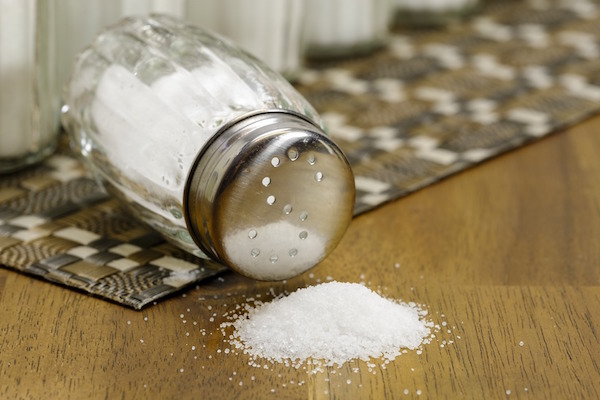5 Common Causes of Kidney Stones | Tennessee Valley Urology Center

Most of us pass kidney stones without realizing it because most stones are tiny granules. The problem with kidney stones is that the larger ones can block the flow of urine and turn out to be incredibly painful. Tennessee Valley Urology Center is here to help you understand what triggers the formation of kidney stones so you can help get the painful recurrences under control.
Kidney stones form when minerals in your urine stick together. Here are just some of the reasons that can happen:
You’re dehydrated.
You need to take in enough water to create enough urine to dilute the minerals that can turn into stones. You should drink enough water to keep your urine pale yellow or even clear.
People who’ve had kidney stones before need to make about 8 cups of urine daily. That means they should drink about 10 cups of water daily, since some is lost throughout the day.
You’re eating foods that put you at risk.
Since the most common kidney stones are made of calcium and oxalate, your doctor might advise you to limit high-oxalate foods. These might include:
- Spinach
- Rhubarb
- Grits
- Bran cereal
You’re taking in too much sodium.
It’s not just table salt that you need to watch out for. Sodium raises your risk of different types of kidney stones, so watch out for salty snacks, canned foods, packaged meats, and other processed foods.
Your urine is too acidic from too much animal protein.
Some kidney stones form overly acidic urine. That means you may want to avoid the animal protein that makes uric acid rise in your body. The uric acid can collect in your joints and cause gout or go to your kidneys to make a stone.
You have gut problems.
People with Crohn’s disease and ulcerative colitis are most likely to battle kidney stones. That’s because problems of the bowel can give you diarrhea and dehydrate you. Also, your body might absorb extra oxalate from the intestine with gut problems, which mean that more gets in your urine.
You can learn more about the different types of kidney stones here.
Keep in mind these are only some of the reasons you might be prone to kidney stones. If you’re battling recurrent stones, don’t wait to contact us for help. Visit our website today to learn more!
